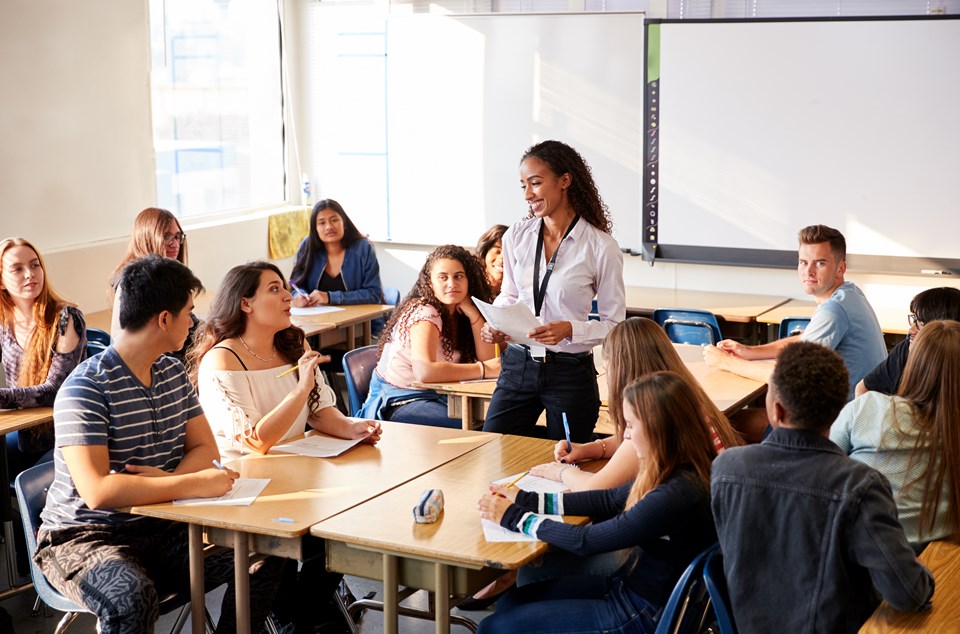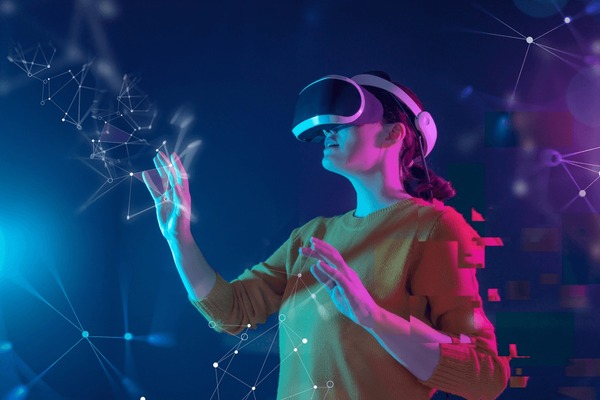Education & Training
Building the Workforce of Tomorrow

Education and training are the foundations of personal advancement and national development. In a world increasingly defined by technology and rapid change, a solid education system is essential for preparing individuals to thrive in a globalized economy. Beyond academic excellence, modern education must focus on cultivating critical thinking, adaptability, collaboration, and lifelong learning.

Technological advancements have transformed traditional learning methods. The rise of digital platforms, AI-driven tutoring, and online learning systems has made education more accessible and personalized. Students no longer need to be confined to classrooms—they can now access world-class content from anywhere, making education more inclusive and flexible. Virtual reality and gamification are also being adopted to make learning more immersive and engaging.

Vocational and technical education is equally important. As industries evolve, the demand for skilled professionals grows. Sectors such as healthcare, construction, information technology, and renewable energy rely on hands-on training and certification programs. Apprenticeships and partnerships between educational institutions and industries are crucial to bridging the gap between theory and practice.

In the workplace, employee training and development are critical to keeping pace with change. Employers are increasingly investing in upskilling and reskilling programs to enhance employee performance and job satisfaction. Training in areas like cybersecurity, data analysis, and leadership can improve organizational agility and innovation.

Governments and international organizations play a pivotal role in ensuring equitable access to education. Initiatives to fund schools, train educators, and provide infrastructure are essential, especially in developing regions. Inclusive policies ensure that marginalized communities, including girls, refugees, and people with disabilities, are not left behind.
Despite progress, challenges persist—such as the digital divide, outdated curricula, and disparities in educational quality. Addressing these requires ongoing investment, policy reform, and community engagement.
Ultimately, education and training empower individuals to shape their futures and contribute meaningfully to society.
